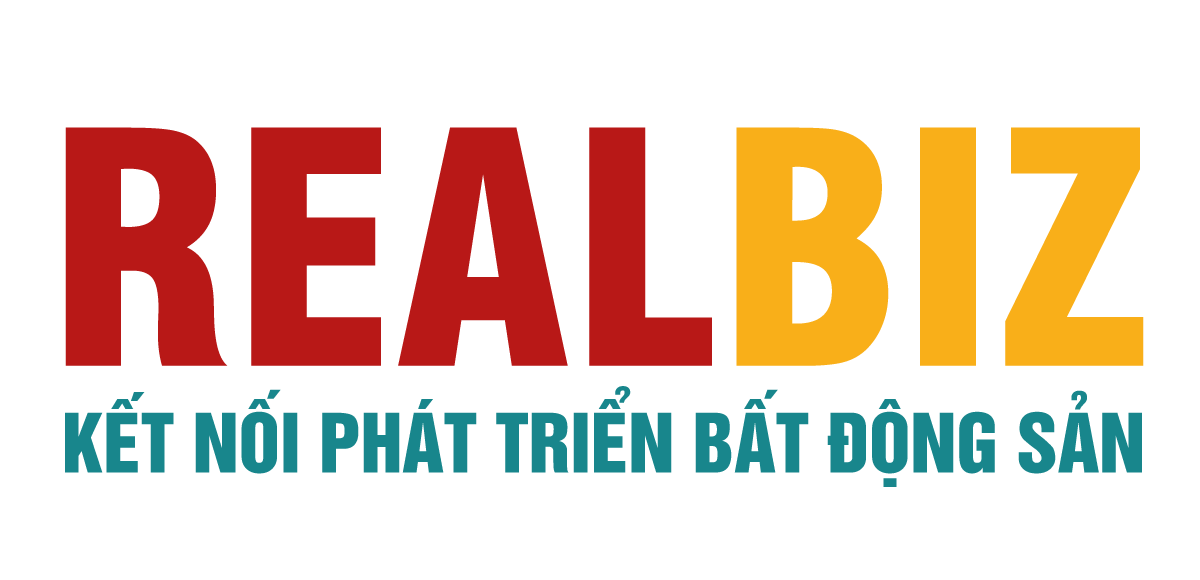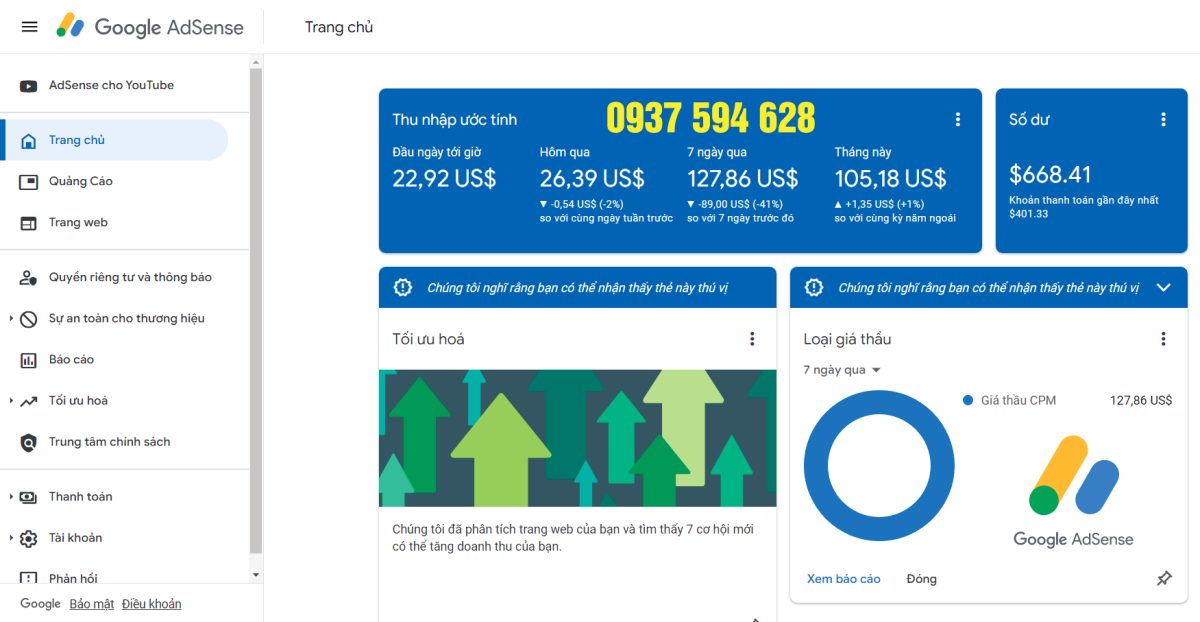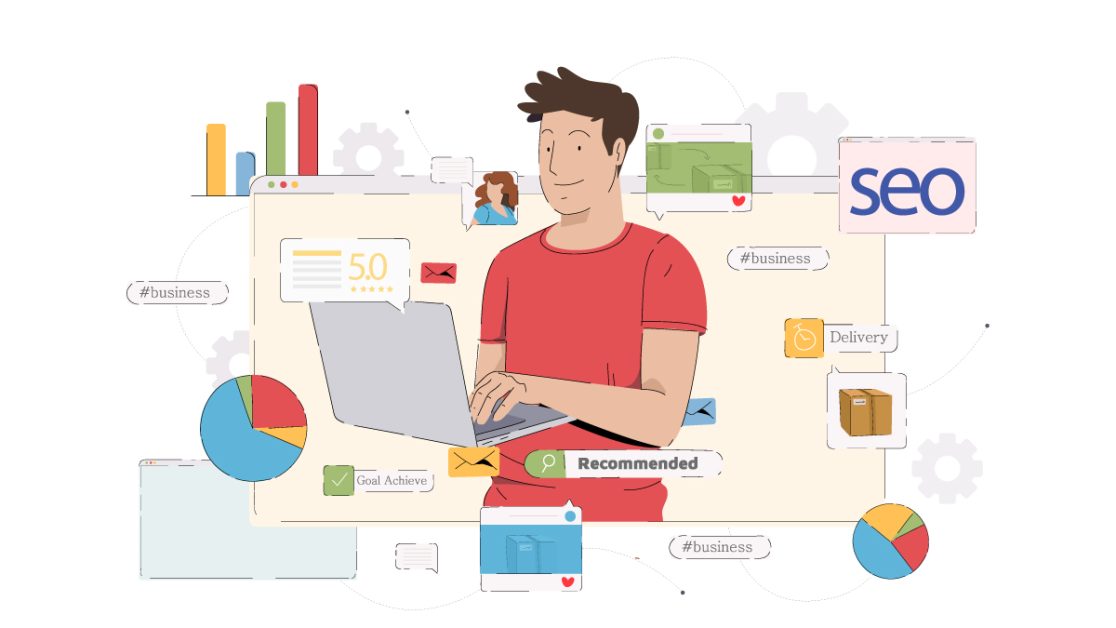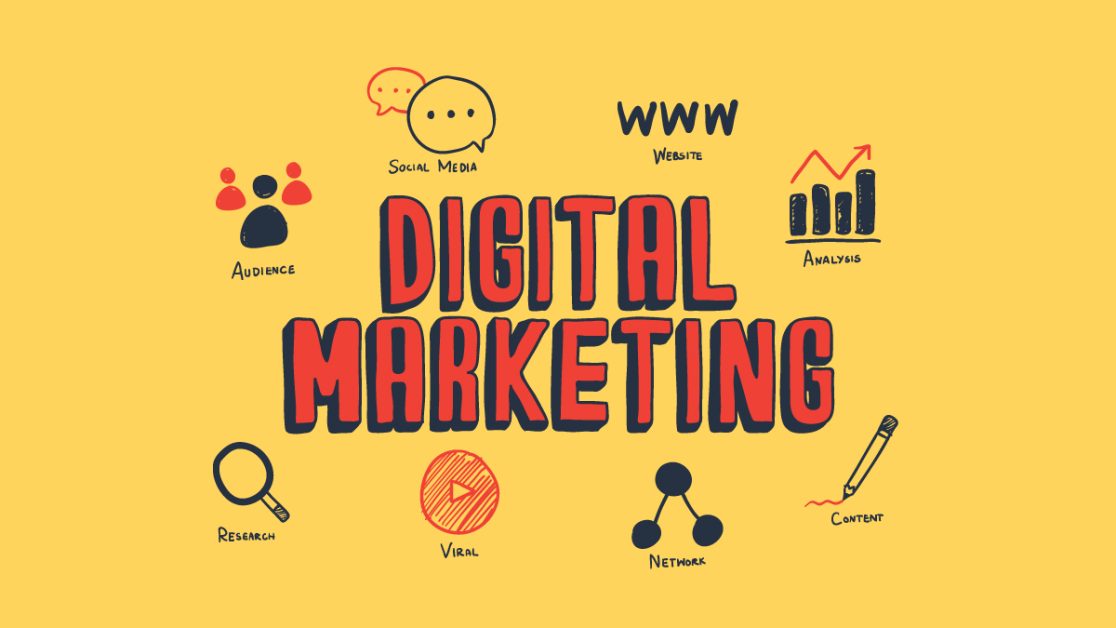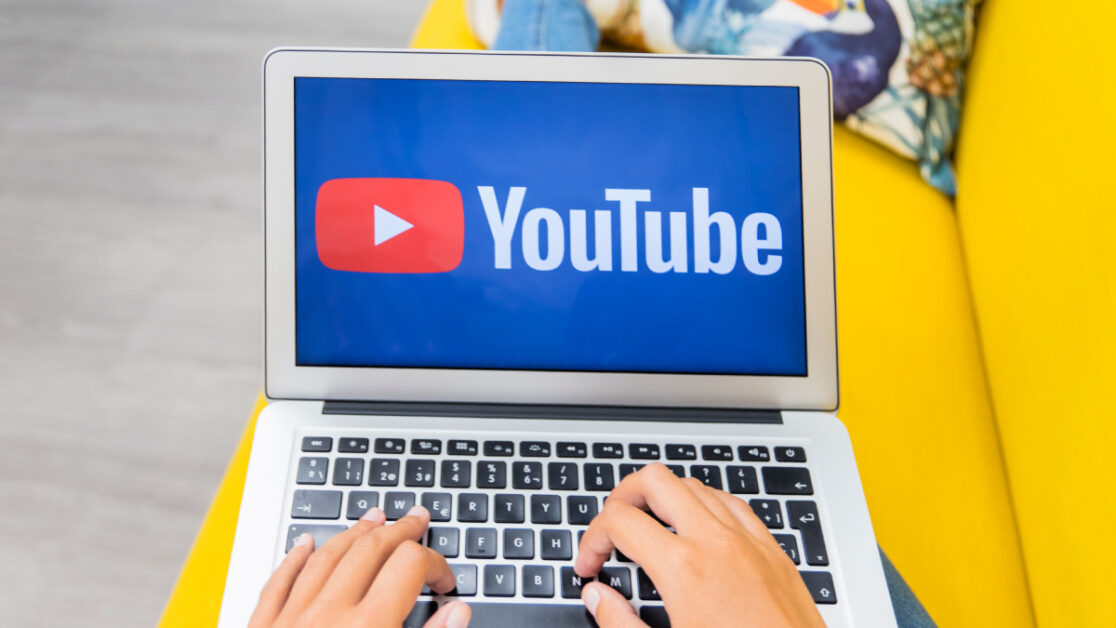
Improving SEO (Search Engine Optimization) involves optimizing various elements of your website or content to increase its visibility and rank higher in search engine results. Here are some key factors that can help increase SEO:
Quality Content: Create valuable, relevant, and engaging content that meets the needs of your target audience. High-quality content is more likely to attract organic traffic and earn backlinks.
Keyword Research: Identify relevant keywords and phrases that your audience is searching for. Incorporate these keywords strategically into your content, titles, meta tags, and headings.
On-Page Optimization: Optimize individual web pages with relevant keywords, descriptive meta titles, meta descriptions, and appropriate header tags (H1, H2, etc.).
Mobile-Friendly Design: Ensure your website is responsive and displays properly on various devices, as mobile-friendliness is crucial for SEO.
Page Speed: Improve page load times by optimizing images, using caching, and leveraging content delivery networks (CDNs).
Backlinks and Link Building: Earn high-quality backlinks from reputable websites to boost your website’s authority and credibility.
User Experience (UX): Provide a positive user experience through easy navigation, clear calls-to-action, and intuitive design.
Social Signals: While not a direct ranking factor, strong social media presence can lead to increased visibility, engagement, and potential backlinks.
Regular Updates: Keep your website and content updated regularly to attract search engine crawlers and encourage repeat visits from users.
Secure Website (HTTPS): Use HTTPS to encrypt data and ensure a secure browsing experience for visitors. It’s also a ranking factor.
Proper Use of Structured Data: Implement structured data (schema markup) to provide context to search engines, leading to enhanced search results and rich snippets.
Local SEO: If applicable, optimize your website for local searches by including location-specific keywords and creating Google My Business listings.
Avoid Keyword Stuffing: While using keywords is important, avoid overloading your content with them. Maintain a natural flow of language and prioritize user experience.
Optimize Images: Compress images to reduce file sizes without compromising quality, and use descriptive alt text to help search engines understand the image content.
Internal Linking: Link relevant pages within your website to improve navigation and help search engines discover and index content.
Fix Broken Links and 404 Errors: Regularly check and fix broken links, as they can negatively affect user experience and SEO.
Monitor Analytics: Use tools like Google Analytics to track your website’s performance, user behavior, and traffic sources. Analyze the data to make informed decisions.
Remember, SEO is an ongoing process, and it’s essential to stay up-to-date with industry trends and search engine algorithms. Focus on creating valuable content, providing a great user experience, and building a strong online presence to improve your website’s SEO.
MARKETING ONLINE
Ý Tưởng Đồ Án Tốt Nghiệp Ngành Marketing với Công Nghệ Tour VR 360
Đề tài không chỉ mang lại kiến thức chuyên sâu về marketing và công nghệ [...]
Th11
Giới thiệu khóa học kiếm tiền qua Google AdSense
Giới thiệu khóa học kiếm tiền qua Google AdSense chỉ cần có một website hoặc [...]
Th10
Từ A Đến Z: Các Thuật Ngữ Video Marketing Mà Bạn Cần Biết
Việc hiểu rõ các thuật ngữ chuyên ngành là điều vô cùng quan trọng. Bài [...]
Th5
VR 360 là gì? Marketing cho bất động sản, khách sạn, homestay, khu công nghiệp
VR 360, hay thực tế ảo 360, là một công nghệ tạo ra trải nghiệm [...]
Th2
Khóa học Digital Marketing BDS chỉ cần xem youtube Phan Hiếu Marketing Online
Khi nói đến "Khóa học Digital Marketing bds", mình hiểu là bạn đang quan tâm [...]
Th1
Thuật ngữ được sử dụng để mô tả các chiến lược marketing
Trong lĩnh vực tiếp thị (marketing), có nhiều khái niệm và thuật ngữ được sử [...]
Th10
How can i improve my seo performance?
Improving your SEO performance involves a combination of on-page optimization, technical improvements, content enhancements, and [...]
Th7
Why is knowing your target audience important?
Why is knowing your target audience important? Understanding your target market allows you to build [...]
Th7
Which meta tags are important for seo?
Meta tags play a significant role in SEO (Search Engine Optimization) as they provide information [...]
Th7
How many followers do you need to be an influencer?
As you grow your following, you may progress to become a macro-influencer with hundreds of [...]
Th7
What are digital marketing strategies?
Digital marketing strategies are a set of techniques and tactics used by businesses and marketers [...]
Th7
17 Key Factors to Boost Your SEO and Improve Website Ranking
Improving SEO (Search Engine Optimization) involves optimizing various elements of your website or content to [...]
Th7
How much money do you get for 1,000 subscribers on youtube?
The number of subscribers on YouTube does not directly determine how much money you will [...]
Th7
Do youtubers get paid monthly?
Youtubers generally get paid through the YouTube Partner Program (YPP), which allows them to monetize [...]
Th7
How do you know if a keyword is competitive?
Determining if a keyword is competitive or not involves analyzing various factors related to that [...]
Th7
What is an example of a consumer?
A consumer is an individual or entity that purchases goods or services for personal use, [...]
Th7
How to make money on YouTube?
Making money on YouTube involves building a successful channel that attracts a large audience and [...]
Th7
Concept of Needs, Wants and Demands in Marketing
In marketing, the concepts of needs, wants, and demands are fundamental principles that help businesses [...]
Th7
Strategies to Improve Your Company’s Online Visibility
An online visibility strategy refers to a set of planned actions and tactics aimed at [...]
Th7
